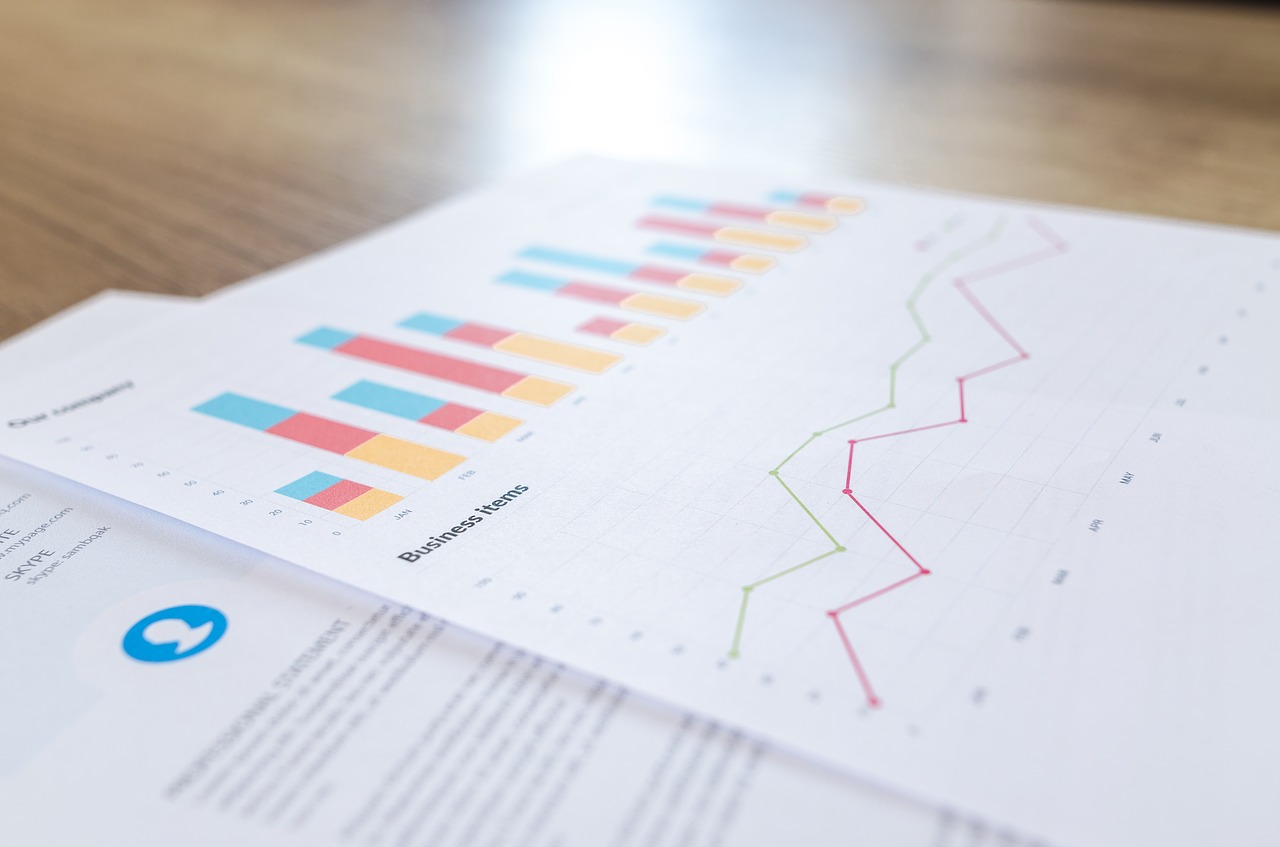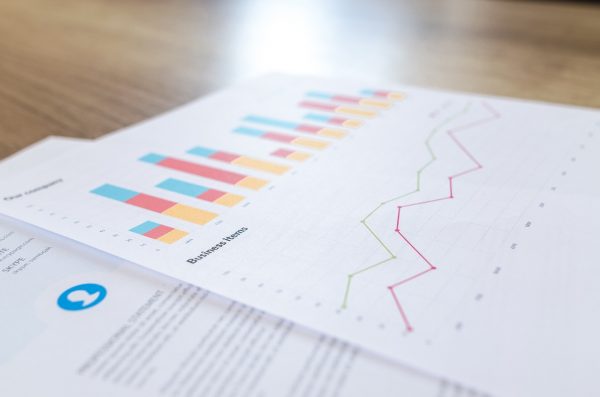On Tuesday, the National Bureau of Statistics (NBS), the country’s official statistics agency, released its report on the country’s economic performance for the final three months of 2017. The Gross Domestic Product (GDP) report, which also documents the growth of various economic sectors throughout the preceeding year, was made available via the NBS’s website.
In summary, the report shows that Nigeria is pulling further clear of recession; crucially the non-oil sector is finally climbing into positive territory.
The Report In Brief
“1.92% growth.”
Nigeria’s economy (measured by the productivity of all its sectors) grew by 1.92% (year-on-year) between October and December 2017, an improvement on the 1.4% growth rate of the three preceeding months (third quarter of the year). The annual picture was a bit less impressive, with overall productivity rising by 0.83% last year. But it’s worth the many sighs of relief and back-patting it’s eliciting, given the fact that the country suffered a biting recession the year before. In 2016, the nation’s GDP plunged -1.73%; last year, it began growing again.
There’s a crucial difference between the GDP report just published by the NBS, and the one it put out in November. The report indicates that, unlike the first few months of Nigeria’s crawl out of its recession, the non-oil sectors are experiencing a revival in their fortunes. In a few cases, the recovery has taken off quite rapidly.
Although the country’s oil output dropped slightly in the period reviewed by the report, healthy gains from higher oil prices helped the oil sector to a 8.38% growth in the last three months of 2017. The sector contributed 7.17% of total economic output (GDP) in that period, and 6.75% for the year as a whole.
Sectors other than oil are playing on fine strings again, ‘inspired’ by the earlier rebound of the oil sector. Agriculture was the only sector to avoid a decline throughout the recession, and its expansion by 4.23% in Q4 2017 as detailed in the NBS report isn’t a surprise. The really interesting parts of the report come from the manufacturing, trade, electricity and gas, and transportation and storage sectors, which all grew. Transportation and storage surged 16.57%, while electricity and gas witnessed a 16.03% expansion. Finance, construction, and arts and entertainment were also counted as growing sectors.
A few sectors remained in the red; information and communication, real estate and health and social services shrank in 2017. It’s expected that they will emerge from the trenches as general economic conditions improve.
What this means for the man on the street
The engines of growth are running again. The figures don’t hark back to the jaw dropping growth rates recorded in the early 2010s, but they are a cause for hope, and as business begin to record gains, they will become more confident and daring. Businesses will slowly let down their guards, ramp up production, and hire more from the labour market to keep up with demand. Employment figures will improve, incomes will rise, and there will be more smiling faces at the dinner tables of Nigerian households.
However, policy makers and implementers (that is, government) have an economic recovery to manage. Time will tell how well they are able to handle it.


